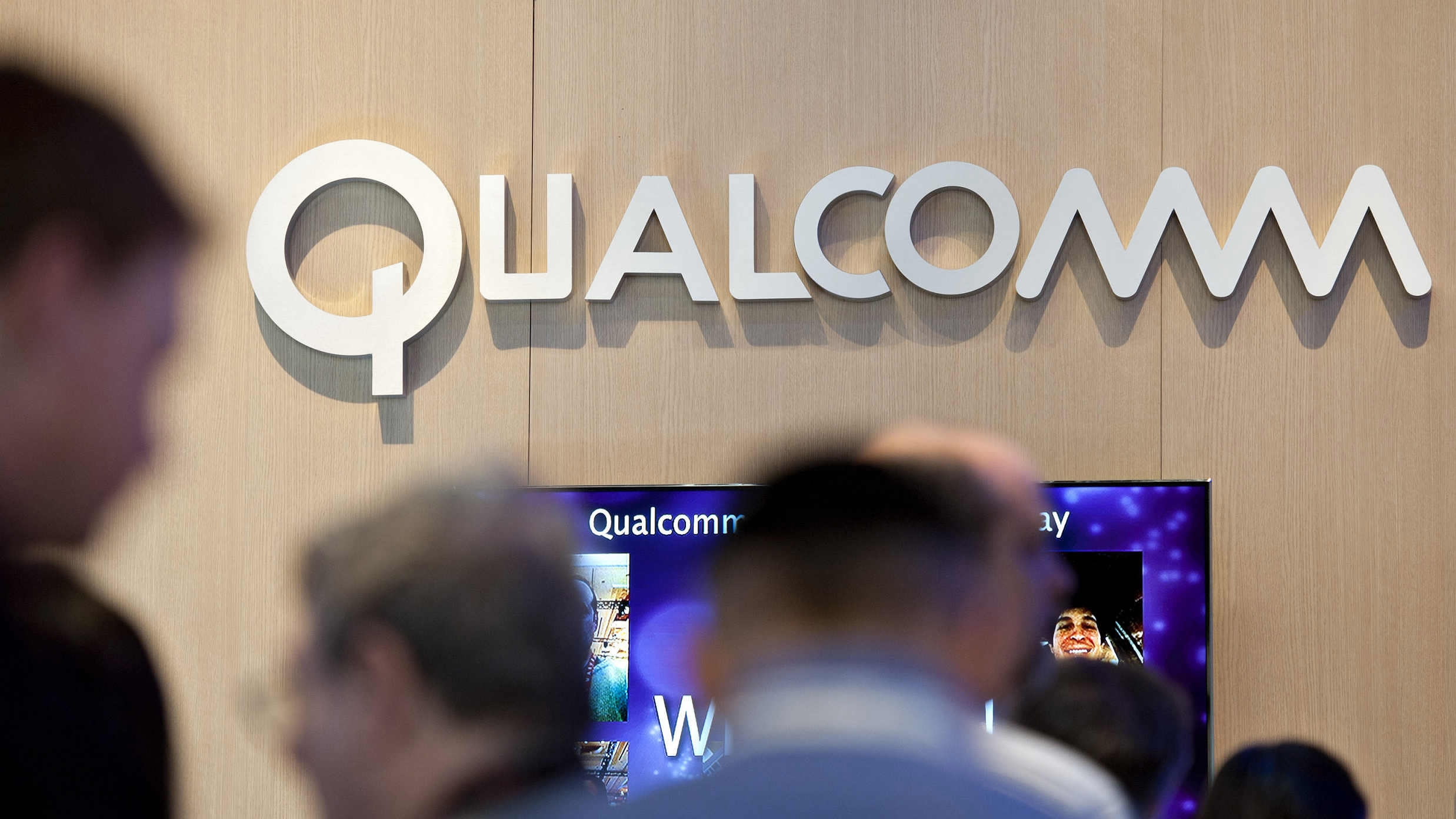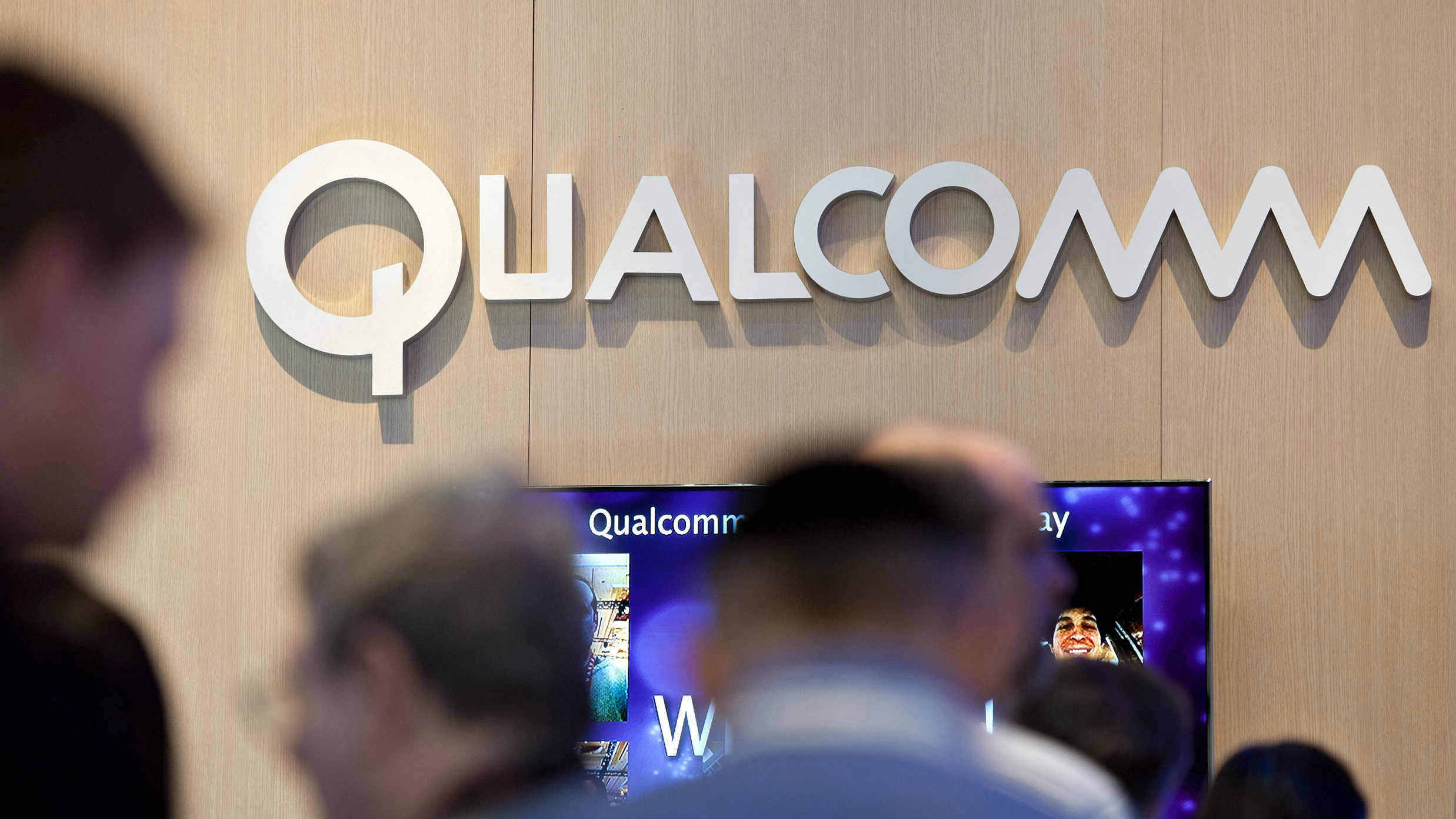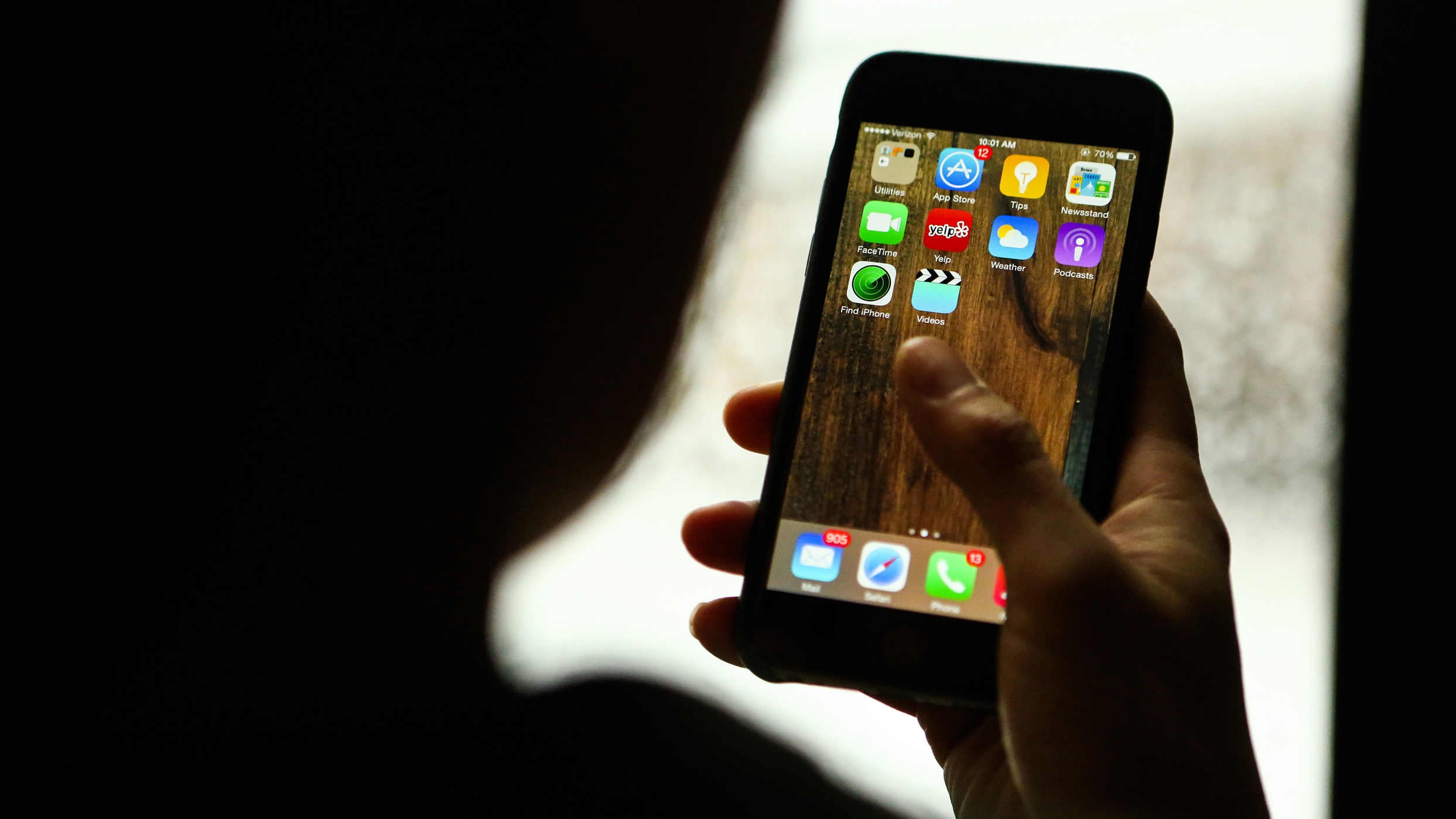
Tech & Sci
11:10, 21-Jun-2017
Apple broadens legal attack on Qualcomm, iPhone 8 production could be affected

Apple broadened a legal attack on Qualcomm, arguing to a US federal court that license agreements that secure the chip maker a cut of every iPhone manufactured were invalid. If successful, Apple's attack would undermine a core tenet of Qualcomm's business model.
"Apple is trying to distract from the fact that it has made misleading statements about the comparative performance of its products, and threatened Qualcomm not to disclose the truth," Don Rosenberg, executive vice president and general counsel of Qualcomm, said.
Escalating battle
Apple sued San Diego-based Qualcomm in January, saying the chip maker improperly withheld one billion US dollars in rebates because Apple helped Korean regulators investigate Qualcomm.
Apple's initial lawsuit was a relatively narrow one focused on whether it violated a contract with Qualcomm by helping regulators that were investigating Qualcomm's business practices. But the new filing expands Apple's claims and seeks to stop Qualcomm's longstanding business model using a legal theory based on a ruling last month.
In May, the US Supreme Court made it harder for manufacturers and drug companies to control how their products are used or resold, ruling against Lexmark, a manufacturer of laser printers and imaging products, in a patent dispute over another company's resale of its used ink cartridges.
Apple says Qualcomm aims to continue having rights over a product even after selling it, which was the same issue highlighted in the Lexmark case.
Based on the new ruling, Qualcomm's rights over a product or technology should be ended once they are sold as well, said Apple.

Apple wants Quanlcomm to charge for either a patent license or a chip, but not both. /VCG Photo
Apple wants Quanlcomm to charge for either a patent license or a chip, but not both. /VCG Photo
Under this circumstance, Apple took aim at Qualcomm's practice of requiring customers to sign patent license agreements before purchasing chips, known in the industry as "no license, no chips."
Good news for iPhone fans?
Currently, the patent license allows Qualcomm to take a percentage of the overall selling price for iPhone in exchange for supplying the modem chips that let phones connect to cellular data networks.
However, Apple argued that Qualcomm was entitled to only "one reward" for its intellectual property and products. According to Apple, Qualcomm should be allowed to charge for either a patent license or a chip, but not both.

The current battle could take a toll on the manufacturing process of the upcoming iPhone 8. /VCG Photo
The current battle could take a toll on the manufacturing process of the upcoming iPhone 8. /VCG Photo
In other words, Apple wants to be able to buy chips without signing the license agreement that forces it to pay a part of the overall iPhone sale price. If successful, it may cut the iPhone price and Apple could earn more profits in the long term as well.
However, some analysts have pointed out that the bitter battle between Apple and Qualcomm may have negative consequences on the upcoming iPhone 8.
As one of the main suppliers of Apple, Qualcomm's latest LTE modem solution technology is recognized as the best currently available on the market. If Apple is looking to make the iPhone 8 perform with a better cell signal and higher speed, Qualcomm's technology may be the most reliable choice.
The dispute between the two tech giants could eventually spell bad news for the production of iPhone 8.
(With input from Reuters)

SITEMAP
Copyright © 2018 CGTN. Beijing ICP prepared NO.16065310-3
Copyright © 2018 CGTN. Beijing ICP prepared NO.16065310-3